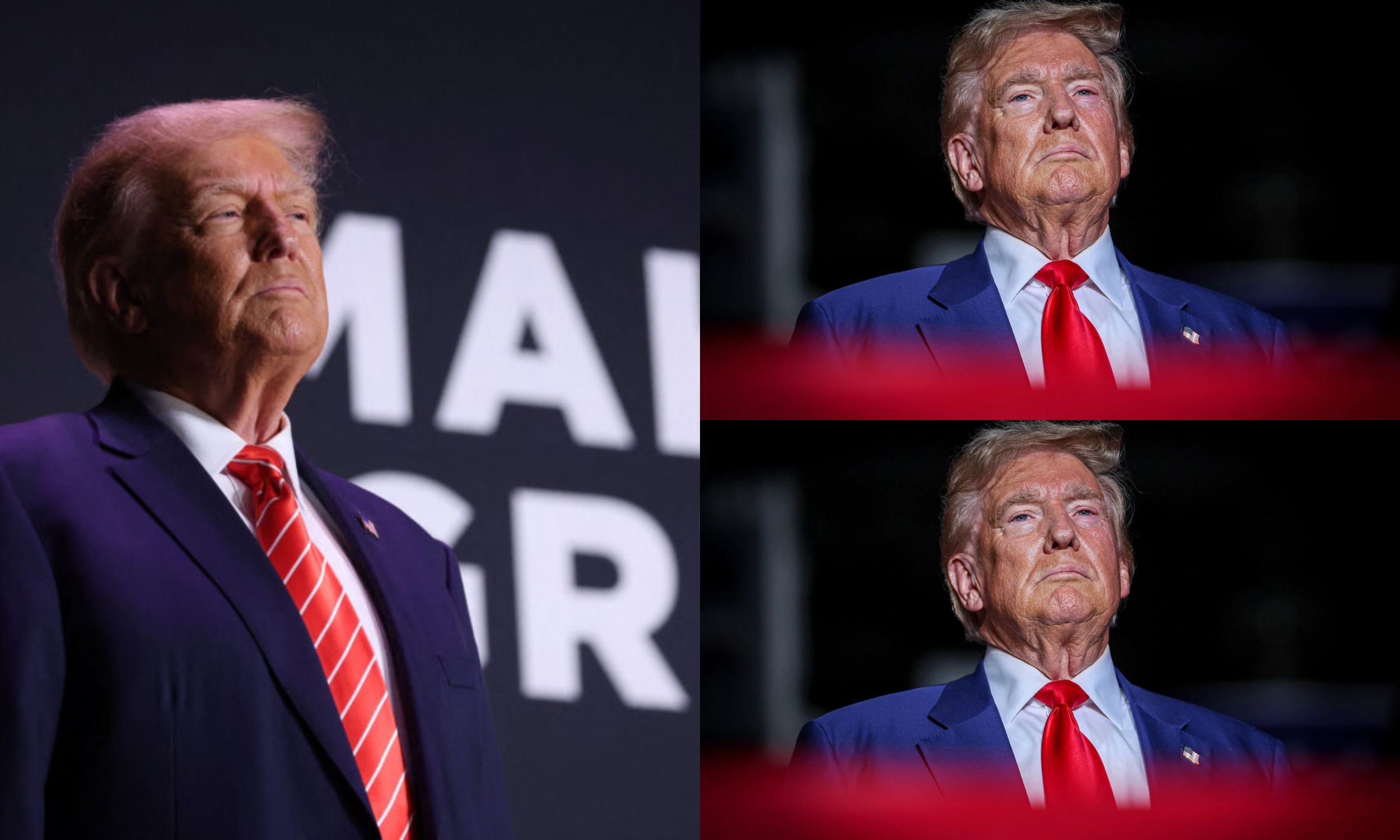The immense implications of President-elect Donald Trump’s authority, which now includes the potential misuse of presidential powers without facing legal consequences, are hard to overstate. Alongside the sweeping changes outlined in the nearly 900-page Project 2025 plan, which envisions a federal overhaul, these powers have left many Americans deeply unsettled by his potential to wield them vengefully.
However, transforming the nation into a dictatorship isn’t feasible with a few signature moves. The judiciary remains operational, federal agencies present checks, and individual states retain their autonomy. Despite the Supreme Court’s decision in Trump v. U.S., which grants criminal immunity through an interpretation of Article II, the Constitution only endows the president with a set of limited powers.

Trump’s potential return prompts renewed scrutiny of executive powers
As commander-in-chief, the president oversees the military, has authority to commission officers, and can accept foreign diplomats. He also holds the ability to issue pardons, engage in treaty-making, and make key appointments—though all of these typically require Senate approval. While Chief Justice John Roberts’ recent interpretations grant the president immunity from prosecution for certain uses of these powers, his control is not absolute.
In terms of authority, the president’s explicit constitutional powers are considerably narrower than those of Congress. For instance, his influence over immigration and foreign relations is primarily derived from Supreme Court interpretations, rather than directly from the Constitution.
Nonetheless, Trump’s control over the military and law enforcement poses a distinct risk to democratic institutions. He has frequently expressed intentions to investigate or prosecute political adversaries, including calling for President Biden’s arrest.
He even declared his aim to appoint a special prosecutor specifically to target Biden and his family. Yet, Biden may receive immunity from such investigations due to his status as a sitting president, per the Supreme Court.
In Trump’s first term, some of his closest advisors worked to curb his more extreme inclinations. John Bolton, former national security advisor, commented on how many important policies were managed primarily by senior officials trying to limit erratic directives. Such figures may not be present in his next administration.
Legal prosecution still requires essential checks: laws, evidence, and either a grand jury or a judge to approve charges. For now, federal courts largely uphold the rule of law, despite some troubling exceptions, particularly the Supreme Court majority’s stance in Trump v. U.S.. Although a Trump-loyal Justice Department could conduct disruptive investigations, federal judges would be likely to intervene, even if prosecutors aligned with Trump push questionable cases.
If a biased judge were to back Trump, such as Judge Aileen Cannon, whose dismissal of the classified documents indictment against him has raised questions, appellate courts might reverse the ruling unless the Supreme Court chooses to intervene.
The military’s allegiance to the Constitution further restricts Trump’s power. Higher-ranking officers are sworn to uphold the Constitution alone, not necessarily the president’s directives, especially if those directives are illegal or unconstitutional. With over 370,000 officers in 2022, it’s unlikely Trump could coerce widespread support for unlawful orders.

Former advisors once curbed Trump’s extremes
Trump’s plans to reshape the federal workforce through “Schedule F,” reviving his former proposal to remove job protections for civil servants, would face formidable obstacles. This initiative aims to eliminate protections for over 50,000 career employees, converting positions into at-will roles vulnerable to political turnover.
Even if the courts allowed this change, the sheer scale of replacing and training so many employees would make rapid implementation nearly impossible. Meanwhile, the vast federal workforce of nearly 3 million employees would continue to serve the public under legal constraints.
However, state governments operate independently of federal control. Although Trump claimed in 2020 that governors needed his authorization for key decisions, the Constitution grants limited federal power, reserving much authority to the states under the 10th Amendment. Anticipating Trump’s policies, California’s Governor Gavin Newsom has already proposed state legislation to counteract potential federal mandates on abortion, immigration, and disaster aid.
The risks Trump poses to constitutional principles and democracy are undeniable, but upon his return to office, he will wield neither unchecked power nor absolute control.























